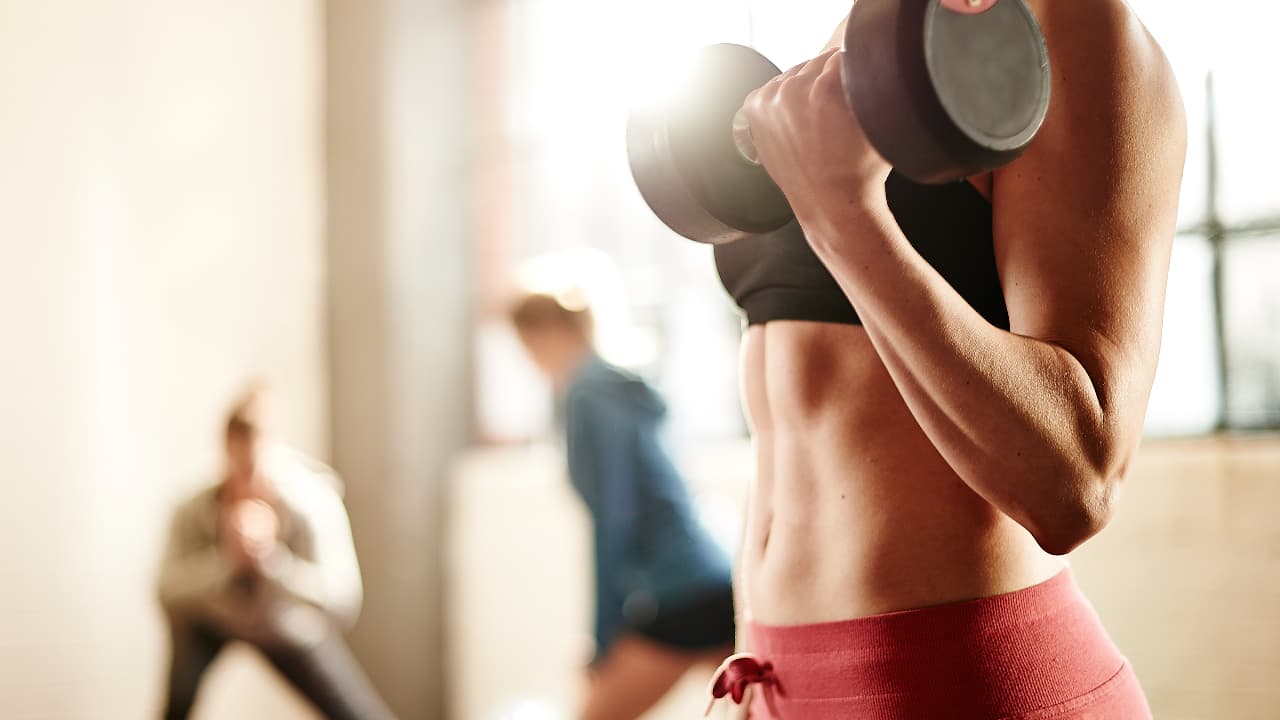Starting the gym but noticing weight gain instead of loss can feel confusing and demotivating. Understanding the real reasons behind this early weight increase can help you stay consistent and achieve long-term fitness results.
Nothing is more exasperating than watching the scale climb rather than descend after the excitement of a fitness initiation. If this has happened to you after joining a gym, then fret not. It is a very normal occurrence. Here are some of the reality-mongering reasons for this, as well as what you can do to put things back on track.
Top 8 Reasons Why You Gain Weight After Starting Workouts
1. Muscle Gain: This is Good
When you start doing strength work, your body is getting lean muscle.
Muscle is denser and heavier than fat; hence, you might put on weight although you are losing fat.
Benefits: Your body is getting toned, stronger, and burning more calories at rest.
2. “Heralds of Water:”
New workouts cause microtears in your muscles, which hold extra water to help rebuild.
This temporary lesion usually shows an increase of 1-3 kg, mostly in the first few weeks.
Do not worry; this is not fat gain; rather the body is healing.
3. Increased Appetite After Workout
With the increased metabolism during workout sessions comes an increased appetite.
A lot of people will therefore eat unknowingly more calories relative to those they burn.
Tip: Focus on balanced meals-protein, fiber, and water-rich foods help control hunger.
4. Increased Carbs = Increased Water Storage
After the exercise, carbohydrates replenish glycogen stores.
Every gram of stored carbs binds 3-4 grams of water, thus causing a slight uptick on the scale.
5. Stress And Inflammation
Anxiety-inducing workouts increase cortisol levels coupled with short-term inflammation.
In the short term, both may result in water retention in your body while simultaneously slowing fat loss.
6. Disrupted Sleep Affects Weight
Poor sleep leads to increased cortisol levels and incomplete recovery. All these, in turn, increase bloating, cravings, and water retention.
7. Your Training Plan Is Not A Good Match For Your Goal
You might find it pretty difficult to see the weight drop if your concern was fat loss but had only incorporated maximal lifting either with little of some cardio or diet oversight.
Balanced Approach:
Strength training
Cardio
Nutrition tracking
8. ‘Healthy’ But High-Calorie Food
Smoothies, nuts, peanut butter-and protein bars-all are healthy but calorie-dense.
Without proper portion control, they can efficiently stall weight loss.
What To Do Next
Track inches; don’t just weigh yourself
Check your waist, hip, thigh, and progress photos every 2 weeks.
Stay slight deficit-calorie
You do not need to starve; just eat a bit fewer calories than you burn.
Add 20 to 30 minutes of cardio
It helps in reducing fat and water retention.
Keep Drinking
More water means less bloating.
Be consistent for 4 to 6 weeks, at least
It requires time for the body to adjust to the new routine.
Weight gain after hitting the gym feels like a no-go; it sure is a part of the weight loss road. Water, mass gain, and light overfeeding are mostly all co-conspirators on this journey. If taken with a pinch of solemnity vis-a-vis intervention, stability, and diligence, the changes will become obvious, both on the scale and in the mirror.
